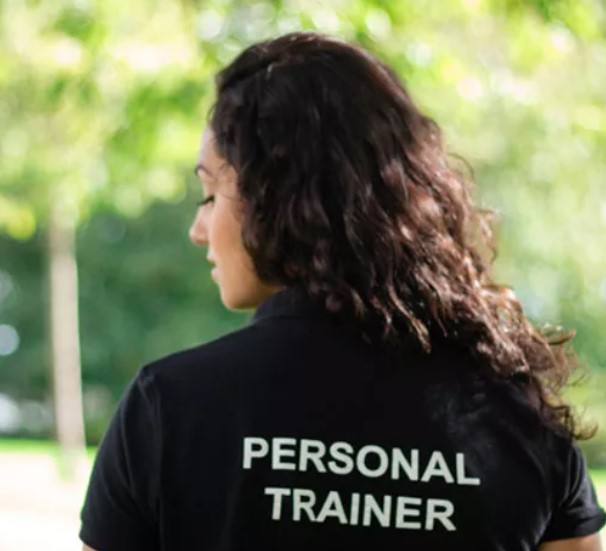Applying machine learning algorithms for the ‘Mature Movers’ physical health, exercise and wellbeing framework
Vitality Hub gained academic expertise from the University of Kent to identify a machine learning algorithm that could automate the grouping of Mature Movers clients to design personalised programmes for them.

Vitality Hub is a Kent-based business that offers health, fitness and wellbeing courses, either as personalised training or through group sessions. The business wanted to investigate the potential for applying machine learning algorithms to data collected from the ‘Mature Movers’ physical health, exercise and wellbeing programme. This programme specialises in fitness for people aged over 65, and involves working with individuals in their homes or within the residential and nursing care home industry.
University of Kent academics worked with Vitality Hub on a unique project, which focused on what type of data could be collected based on individuals’ completed assessment questionnaires and the preparation required for machine learning. Then, an assessment was undertaken that explored what types of machine learning algorithms could be used. This allowed for participants’ personal preferences and health requirements to be taken into consideration, when establishing the participants’ exercise routines. The sole purpose of using machine learning for this project was to scale the business. Vitality Hub saw immense growth over 2020/2021 and reached full capacity. In order to help more people, the business had a need to build a system which would utilise automation for the grouping of people to designed personalised programmes. With support from EIRA’s Innovation Voucher scheme, the business was able to access the academic expertise required to find a suitable solution.
The Challenge
The biggest challenge for this project was that the company had little to no data that could be used effectively for machine learning. This then directed the focus of the project to revolve around establishing the most effective means of gathering data, suitable for use with a machine learning algorithm. The type of attributes collected need careful consideration to avoid erroneous results or biases developing as an unexpected outcome of machine learning processes. The next challenge was the selection of a suitable machine learning algorithm that needed to work with the type of data available and be efficient to achieve the desired prediction, coupled with the decision of whether to adopt supervised or unsupervised learning.
The Approach
Prof. Alex Freitas from the University of Kent’s School of Computing was the lead academic on this project. His approach was to review the existing data being gathered, in terms of personal health and fitness profile, making recommendations of how the existing questionnaire could be improved and moving from “open” questions to more closed, granular questions, that are better suited to analysis by machine learning. Having examined the data, Prof. Freitas then turned his attention to the machine learning algorithm. There are many algorithms which have been developed with some better at predication (regression), classification or clustering depending on the data being collected and the desired output.
The Outcome
A comprehensive report was produced, which made several recommendations that focused on the means used for data collection and type of data and attributes collected. Advice was given on the collection, storage and pre-processing of the data, and finally a recommendation on the machine learning algorithm to use. “Decision Trees”, a well know machine learning data science technique for predictive modelling was suggested. Decision Trees have advantages over some other algorithms as they are efficient and there construction is comprehensible so the decisions can be examined and understood.
Rosaria Barreto, Director at Vitality Hub said:
“This research provided the foundations for business vision and scalability options. The collaboration has brought about traction in the industry and unforeseen opportunity.”
Next Steps
The long-term goal would be to build on the outcomes of the project. To this end the company are seeking further support to develop the software and enable the collection of the data via questionnaire to assess individuals’ needs and then stream them into the most suitable exercise scheme, depending on this data using the machine learning algorithm. Rosaria Barreto, Director of Vitality Hub has been accepted on the Young Global Innovators Programme (Innovate UK) and the business is waiting on funding confirmation from other grants.
